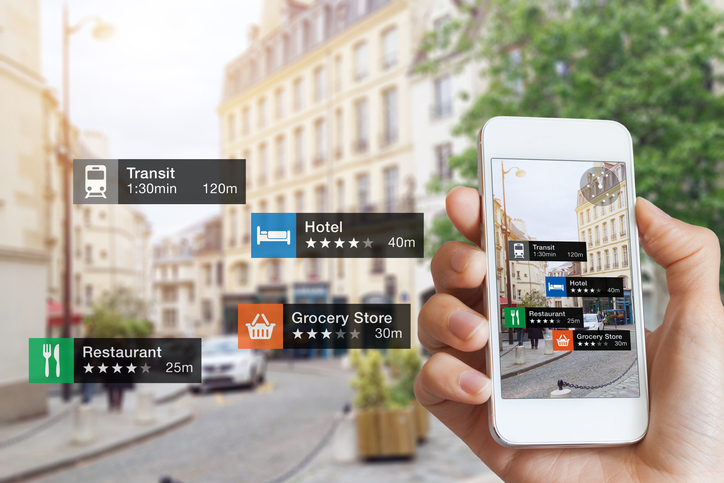The days when guests stayed in a hotel with nothing more than their room key and the extension for reception are long gone. Today, guests want hotels with the latest gadgets and high tech innovations to enhance their stay.
The latest studies point to a date of 2020 when a customer experience will rank above both price and product. Customer engagement is a high priority, and yet Gartner believes that by that date, up to 85% of interactions between a user and a hotel will be carried out without the need for human interaction.
Despite this having a negative effect on jobs, one major aspect of this is to achieve that check in and check out processes are entirely machine-based. As things stand, tasks such as upgrades or reservation changes still need a human hand since very often a conversation to solve doubts and answer questions is still required.
Privacy is also high on the list. One of the issues that the hotel industry must avoid at all costs is hacking, paying speindustrycial attention to the European GDPR. A close eye also needs to be kept on the security standards maintained when guests pay by credit card.
Younger generations love the ability to investigate the experience of staying in a hotel without actually being there or check it out before they book. Virtual or augmented reality apps can help on this level, and it’s increasingly common to see the most forward-thinking hotel chains offering this experience to guests.
As well as humans, another classic aspect of the hotel industry that will see change (and this time, for the better) is paper. The number of transactions that leave a paper trail are increasingly fewer. The advantage of digital transactions is greater environmental sustainability, as well as a more comfortable experience for the employee.
It’s also worth remembering that in this hyperconnected world, few people react to generic marketing material any more, which is why hotels need to develop specific and personalised marketing campaigns according to the preferences of the guest.
Similarly, in recent years, keyless room entry has gained in popularity, as it’s easier and more comfortable than using a key. Instead, the door is opened using a guest’s mobile phone, and it’s proving to be increasingly popular. Mobile phones are also being used to communicate with the client, as well as to facilitate the company-employee relationship.
You might assume that this progressive transformation might involve investment or costly outlay, but don’t forget that by 2020 it’s estimated that more than 30,000 million objects will be connected to the internet of things. This means that moving with the times won’t just be good for business, it will actually be essential if we want to stay in business.







